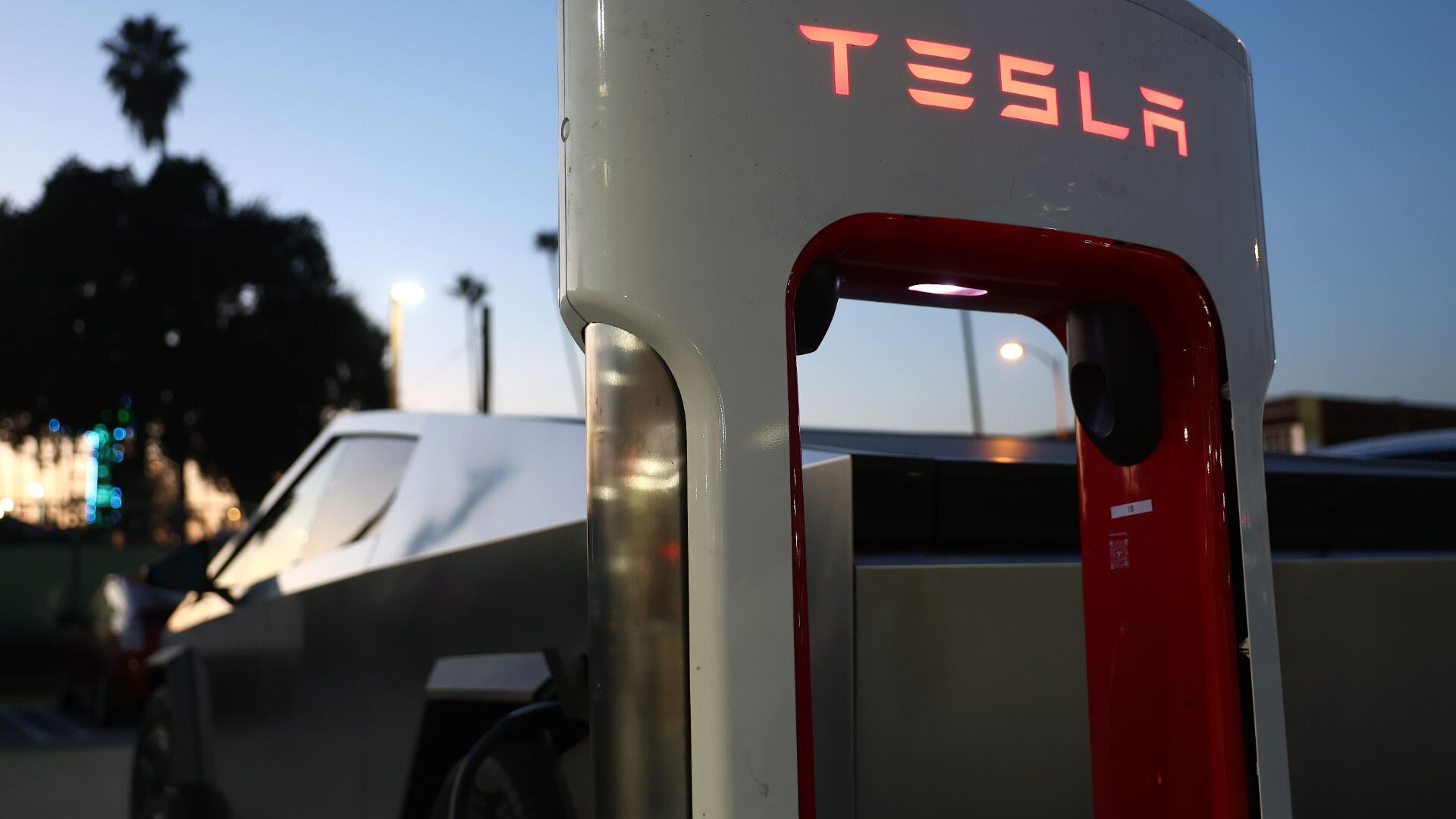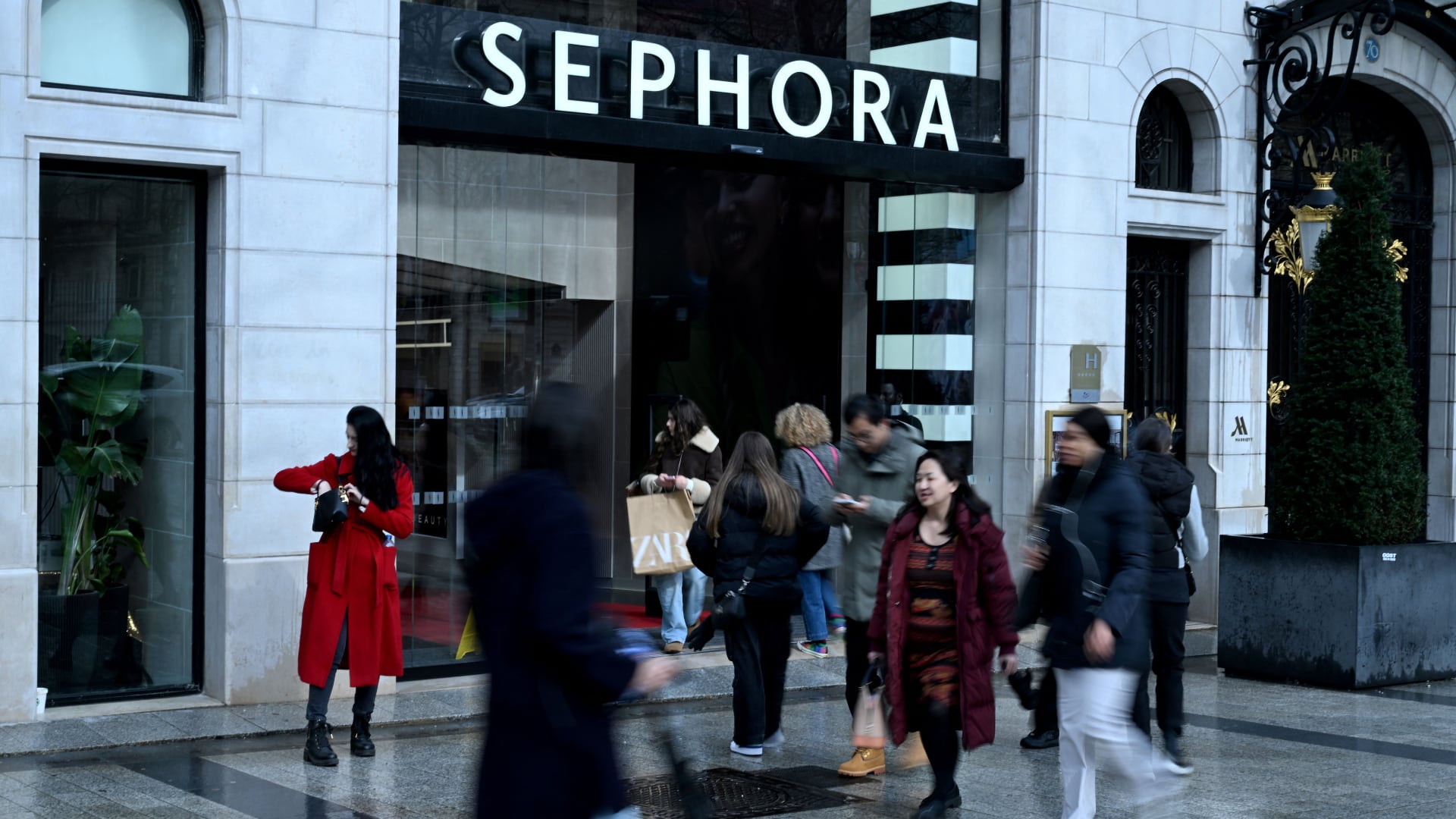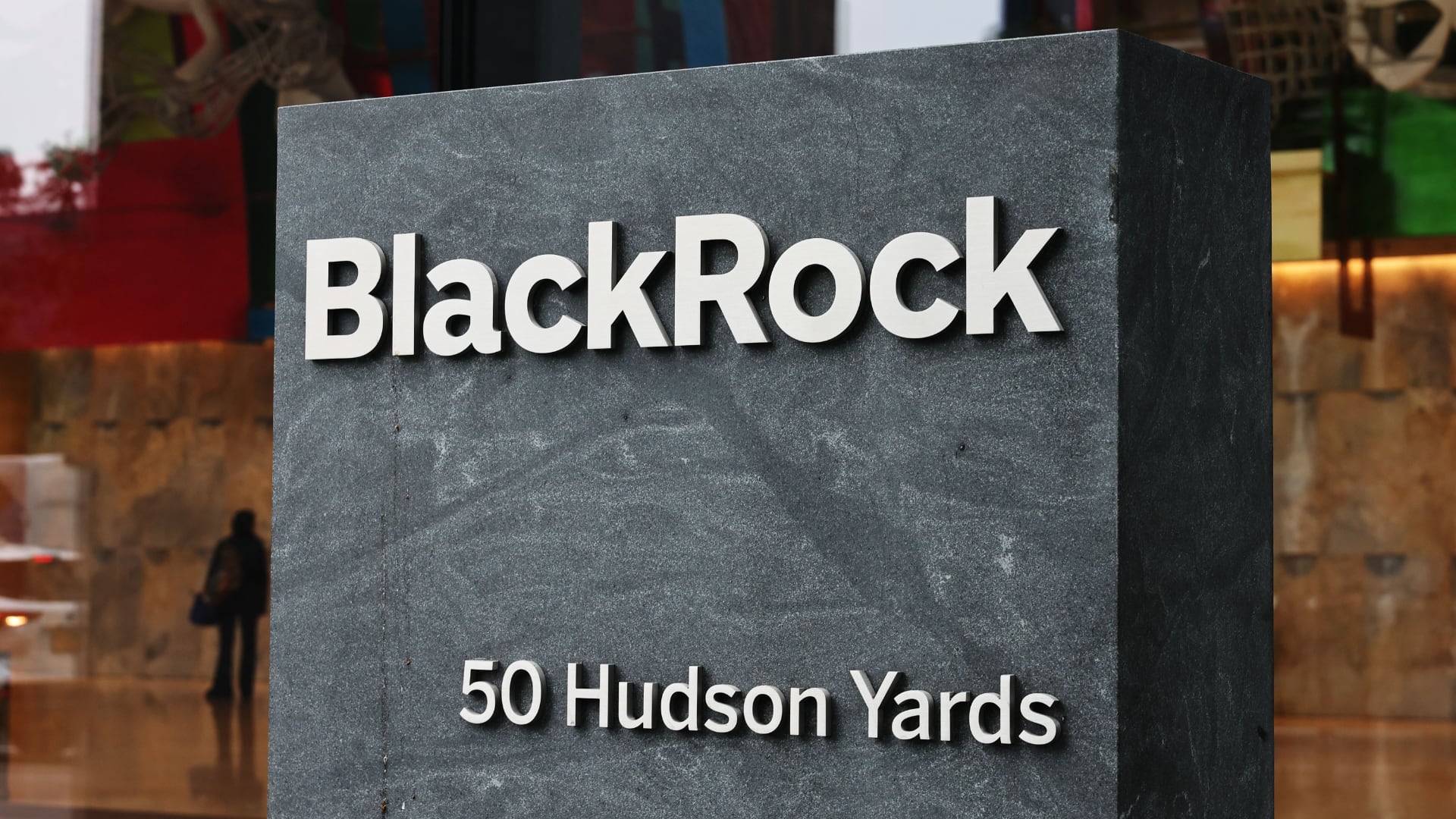*By Conor White* Shares of Twitter plunged on Monday over concerns a crackdown on fake accounts could hamper user growth. The company [reportedly](https://www.washingtonpost.com/technology/2018/07/06/twitter-is-sweeping-out-fake-accounts-like-never-before-putting-user-growth-risk/) banned over 70 million accounts in the last two months and is suspending more than a million handles a day. But Mashable tech reporter Matt Binder said it was an action Twitter had to take. "I think they should keep doing this until they actually have the accounts that are causing this sort of problem," he said in an interview with Cheddar Monday. "They'll never really completely wipe it out, but they should continue dealing with it for as long as it takes to keep this to a minimum." Binder said the purpose of these accounts can vary between anything from users creating fake accounts to boost their own following to bots actually trying to spread disinformation. He pointed out that the company has faced a series of damaging crises. "One was, for example, the Russia-linked internet research agency ," Binder said. "They were proven to be - both on Facebook and Twitter accounts - paying for ads to promote these accounts or these posts to try and sway the election." "Again, whether that was something that worked or not, or how influential it was, that's besides the point." Twitter shares were down as much as 9.8 percent in early trade Monday, but pared those losses after CFO Ned Segal [tweeted](https://twitter.com/nedsegal/status/1016371745933033472) that most of the accounts removed are not counted in the company's metrics. For the full segment, [click here.]( https://cheddar.com/videos/twitter-cracks-down-on-fake-accounts)












